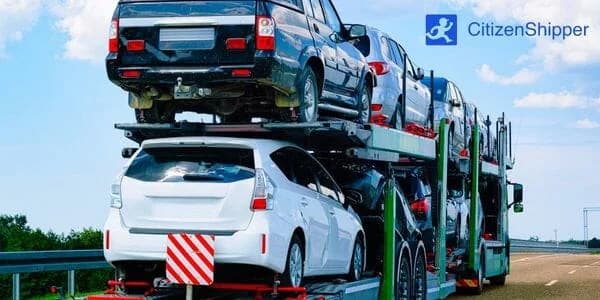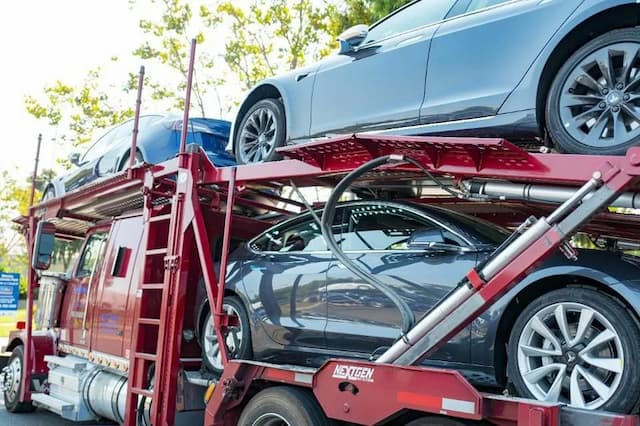Navigating Car Transport in Richmond, VA
When it comes to shipping your car in Virginia, there's a world of factors to consider. Virginia, with its diverse geography from coastal areas to mountains, seasonal weather changes, and urban traffic patterns, presents a distinct set of circumstances. But don't worry! Here at CitizenShipper, we are committed to helping you navigate through it all. Whether you're moving into or out of Richmond or need to transport your car for any reason, our expert team is here to help.
Virginia's Vehicle Transportation Laws & Regulations
In Virginia, car transportation laws and regulations are in place to ensure the safety and preservation of all vehicles and public roadways. Auto transporters must adhere to the Federal Motor Carrier Safety Administration (FMCSA) regulations for safety. Compliance involves ensuring that all vehicles are properly secured during transport and maintaining necessary documents for every shipped vehicle.
All auto transporters operating in Virginia must also possess an active MC Docket number, issued by the FMCSA. This number signifies that a transportation company is registered under the federal government, allowing them to legally operate across state lines. Additionally, Virginia requires transporters to carry specific insurance minimums to protect vehicles during transit.
Weather & Terrain Considerations in Richmond, VA
Weather patterns in Richmond, VA have a significant impact on car shipping. With a humid subtropical climate, Richmond experiences hot, humid summers and generally mild to cool winters. The city can see occasional snowfall between December and March, which may temporarily affect shipping schedules. Spring and fall bring beautiful weather but also potential for severe storms that could delay transport.
Richmond sits at the fall line of the James River, where the Piedmont region meets the coastal plain. While the city itself has a relatively flat terrain, transporters often navigate varying elevations when traveling to and from surrounding areas. The nearby I-95 corridor provides excellent north-south transportation options, while I-64 offers east-west routes. However, city traffic congestion, especially during rush hours, might affect pickup and delivery timing, so it's wise to plan accordingly.








